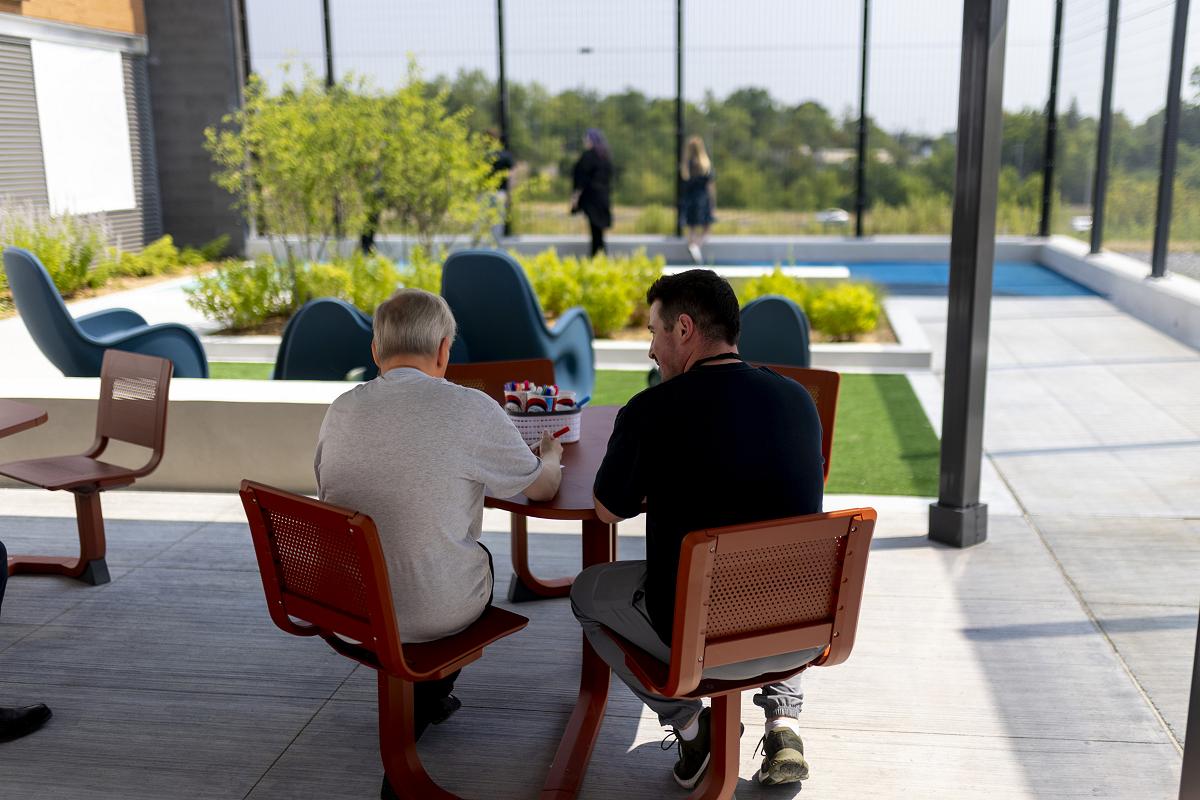
Higher nursing student numbers, a more sustainable academic educator workforce and “responsible” use of artificial intelligence (AI) should be among the key “building blocks” of future healthcare education policy, according to a new report.
The Council of Deans of Health, which represents the heads of healthcare colleges at UK universities, has this week published its 2030 strategy.
The strategy document outlines how the organisation aims to influence healthcare education policy across the next half-decade, and what its vision for the near-future of the sector is.
The council’s aims fall into three key “pillars”, which are supporting members, building community and driving system change.
Within these, the council’s strategy included 12 key policy “building blocks”:
- Financial viability for health education
- Collaboration across higher education to support access to health careers
- Proportionate and enabling regulatory regime
- High-quality learning
- Innovation in teaching
- More “integrated” approach to health and social care
- Responsible use of AI
- Joined up health and education policy
- Increased student numbers to meet workforce needs
- Sustainable academic educator workforce
- Sufficient placement capacity, diversity and quality
- Increased research and knowledge exchange
The policies broadly reflect the difficulties higher education institutions have faced in recent years, particularly regarding nursing and midwifery education.
For example, the goal to increase student numbers is likely in response to a recent fall in applicants for many healthcare courses, including nursing. England, in particular, has fared poorly in recent years.
According to the most recent figures from the Universities and Colleges Admissions Service (UCAS), applications for the next (2025-26) academic year are the lowest since before the Covid-19 pandemic.
The 2030 strategy also touches on the need to diversify student placements.
This follows a recent report from Skills for Care, an arms’-length government body, which stated that universities and providers should work to increase the number of social care and community placements.
Meanwhile, in a video published alongside the strategy, Council of Deans chief executive Ed Hughes also acknowledged the ongoing financial difficulties universities are facing.
Mr Hughes, alongside Professor Alison Machin, chair of the board of trustees, wrote in a foreword to the report that they hoped the organisation would remain a “trusted and influential voice in strategic academic leadership” across the UK in the next five years.
“Rooted in the insights of our members and responsive to a rapidly evolving sector, our 2030 strategy sets a bold and forward-looking framework, reflecting the ambitions, challenges, and
opportunities shaping health education and research,” they wrote.
Read more on nurse education
link






